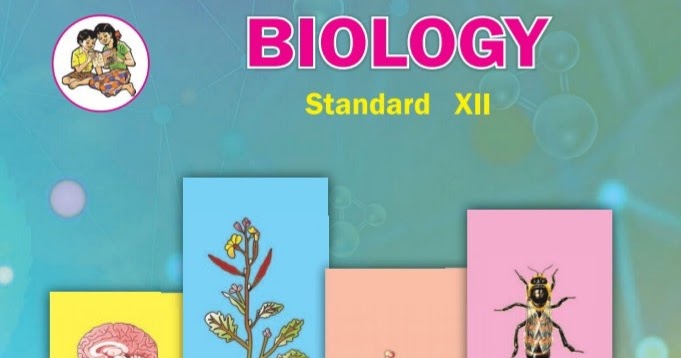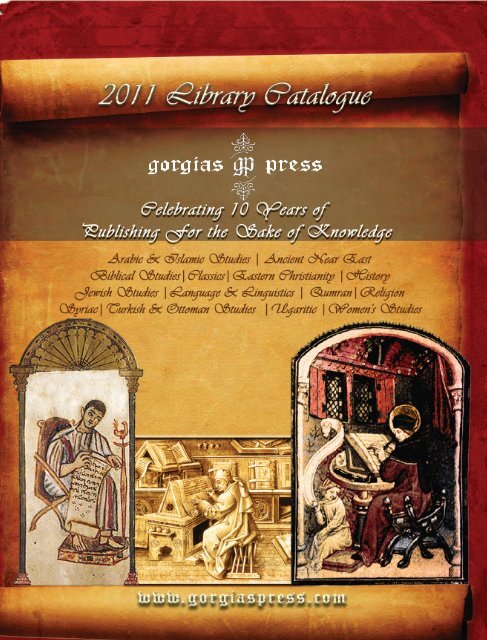- Antiquity 2 Textbook Pdf Free
- Antiquity 2 Textbook Pdf Online
- Antiquity 2 Textbook Pdf Printable
- Antiquity 2 Textbook Pdf
The great philosophers in ancient Greece played a key role by using the astronomical work of the Babylonians to develop scientific theories of mechanics. Thales of Miletus (624 - 547 B.C.), the first of the seven great greek philosophers, developed geometry and is hailed as the first true mathematician. Pythagorus (570 - 495 BC) developed mathematics and postulated that the earth is spherical.
The current version, Version 0.11, of this open source textbook in philosophy is a work-in-progress and is being released in draft form. The collaborators would be grateful for corrections or other suggestions to this preliminary draft. Please address comments to philbook@philosophy.lander.edu. Recourse to a table, such is the richness of the book. The volume is truly a mine of information. This book is a must foranybody interested in food, cultural diversity, archaeology, exchange networks and the impact of modern globalisation on food and cultural homogenisation. Marijke van der Veen School of Archaeology & Ancient History.
Democritus (460 - 370 B.C.) has been called the father of modern science, while Socrates (469 - 399BC) is renowned for his contributions to ethics. Plato (427-347 B.C.) who was a mathematician and student of Socrates, wrote important philosophical dialogues. He founded the Academy in Athens which was the first institution of higher learning in the Western world that helped lay the foundations of Western philosophy and science.
- Year 11-12 textbooks = $30 each Year 6-10 textbooks = $20 each SAVE $60 or more Ancient History/History: 1. Spartan Society, Interpreting the Evidence by Brian Brennan Year 12 2. Antiquity 1 Year 11 4th edition Oxford - SOLD 3. Retroactive 1 Stage 4 (Year 7-8) - SOLD Geography: 1. Geoactive 1 third edition stage 4 (Year 7-8) - SOLD 2.
- An earlier book, Gurdjieff: A New Introduction to His Teaching(privately published, 1994) served for almost 10 years as the text for an introductory course on Gurdjieff's teaching. Supplies had run out, but a student, Rosemary Hutchinson, who liked the book very much, asked that it be reprinted again for new students. Although I knew.
- CLASSICAL ANTIQUITY The Greek views of music —such as in Aristotle’s Poetics and Plato’s The Republic— are highly influential in Western thought. CLASSICAL ANTIQUITY The Ancient Greeks Greece 3. CLASSICAL ANTIQUITY ETHOS. Music effects character and way of behaving.

Aristotle (384-322 B.C.) is an important founder of Western philosophy encompassing ethics, logic, science, and politics. His views on the physical sciences profoundly influenced medieval scholarship that extended well into the Renaissance. He presented the first implied formulation of the principle of virtual work in statics and his statement that 'what is lost in velocity is gained in force' is a veiled reference to kinetic and potential energy. He adopted an Earth centered model of the universe.


Antiquity 2 Textbook Pdf Free

Aristarchus (310 - 240 B.C.) argued that the Earth orbited the Sun and used measurements to imply the relative distances of the Moon and the Sun. The greek philosophers were relatively advanced in logic and mathematics and developed concepts that enabled them to calculate areas and perimeters. Unfortunately their philosophical approach neglected collecting quantitative and systematic data that is an essential ingredient to the advancement of science.
Archimedes (287-212 B.C.) represented the culmination of science in ancient Greece. As an engineer he designed machines of war while as a scientist he made significant contributions to hydrostatics and the principle of the lever. As a mathematician he applied infinitesimal in a way that is reminiscent of modern integral calculus which he used to derive a value for (pi). Unfortunately much of the work of the brilliant Archimedes subsequently fell into oblivion.
Hero of Alexandria (10 - 70 A.D.) described the principle of reflection that light takes the shortest path. This is an early illustration of variational principle of least time. Ptolemy (83 - 161 A.D.) wrote several scientific treatises that greatly influenced subsequent philosophers. Unfortunately he adopted the incorrect geocentric solar system in contrast to the heliocentric model of Aristarchus and others.
Antiquity 2 Textbook Pdf Online
The New Testament in Antiquity
Antiquity 2 Textbook Pdf Printable
File Size : 29.73 MB
Format : PDF, Kindle
Download : 668
Read : 518
Antiquity 2 Textbook Pdf
 The New Testament in Antiquity is a textbook for college and seminary students penned by three evangelical scholars with over fifty years of combined experience in the classroom. Their challenge was to build a text that would be engaging, academically robust, richly illustrated, and relevant to the modern student. This book strikes a balance between being accessible to all students and challenging them to explore the depths of the New Testament within its cultural worlds. The New Testament in Antiquity carefully develops how Jewish and Hellenistic cultures formed the essential environment in which the New Testament authors wrote their books and letters. It argues that knowing the land, history, and culture of this world brings remarkable new insights into how we read the New Testament itself. Numerous sidebars provide windows into the Jewish, Hellenistic, and Roman worlds and integrate this material directly with the interpretation of the literature of the New Testament. This is an ideal introductory text for classroom use, with ample discussion questions and bibliographies.
The New Testament in Antiquity is a textbook for college and seminary students penned by three evangelical scholars with over fifty years of combined experience in the classroom. Their challenge was to build a text that would be engaging, academically robust, richly illustrated, and relevant to the modern student. This book strikes a balance between being accessible to all students and challenging them to explore the depths of the New Testament within its cultural worlds. The New Testament in Antiquity carefully develops how Jewish and Hellenistic cultures formed the essential environment in which the New Testament authors wrote their books and letters. It argues that knowing the land, history, and culture of this world brings remarkable new insights into how we read the New Testament itself. Numerous sidebars provide windows into the Jewish, Hellenistic, and Roman worlds and integrate this material directly with the interpretation of the literature of the New Testament. This is an ideal introductory text for classroom use, with ample discussion questions and bibliographies.